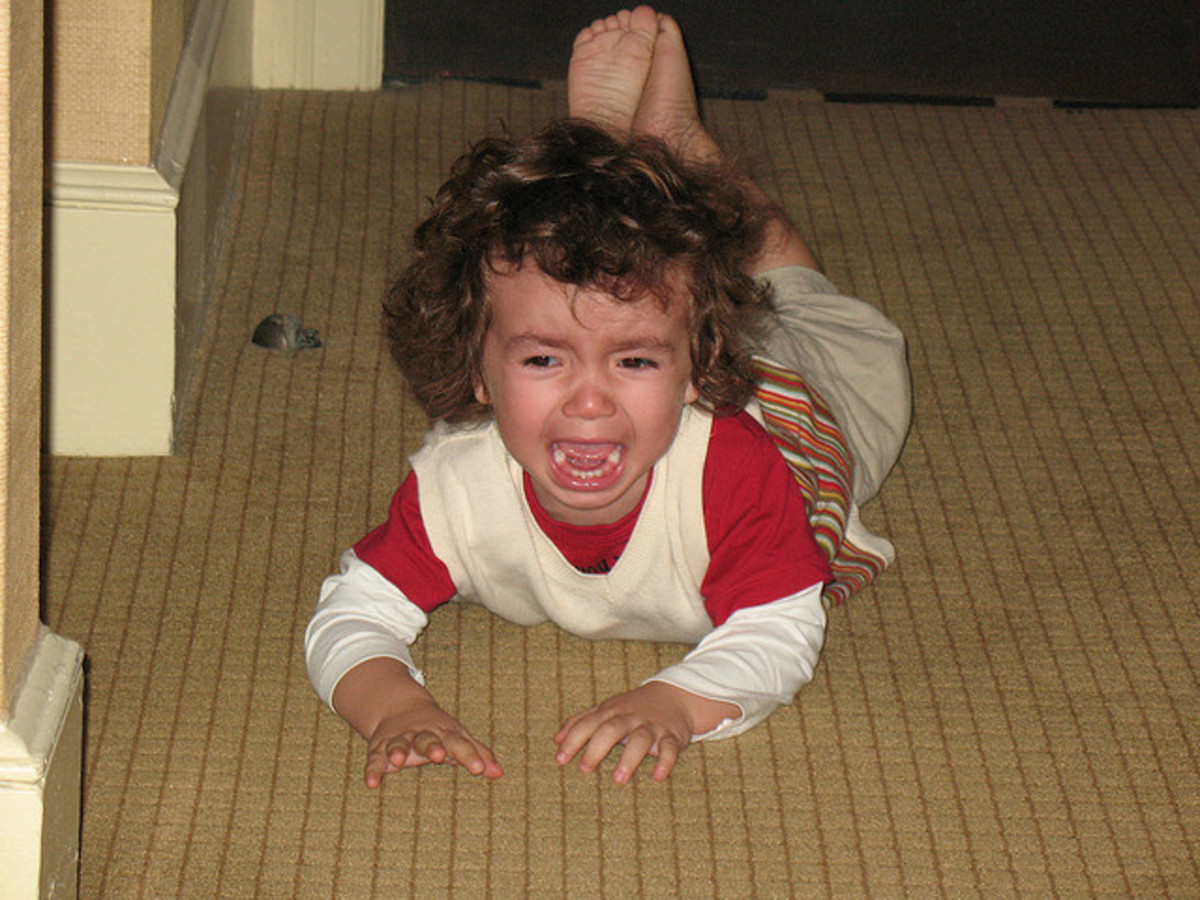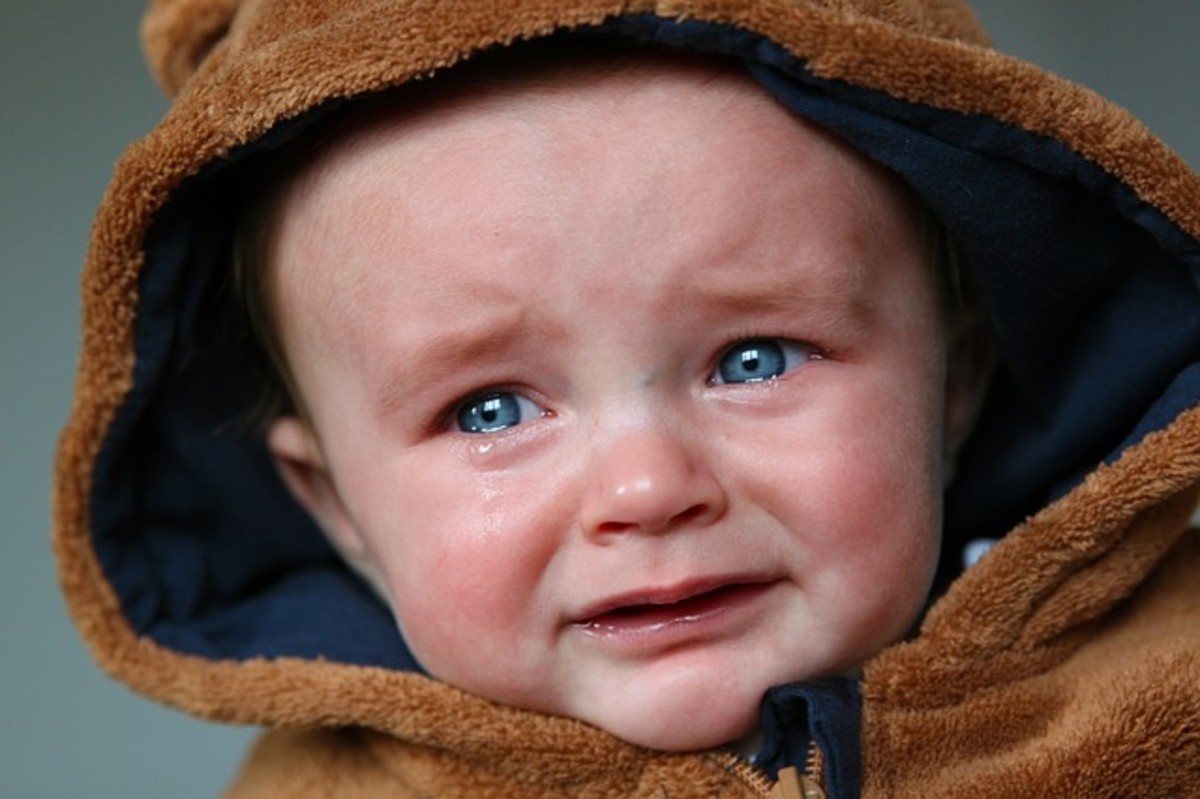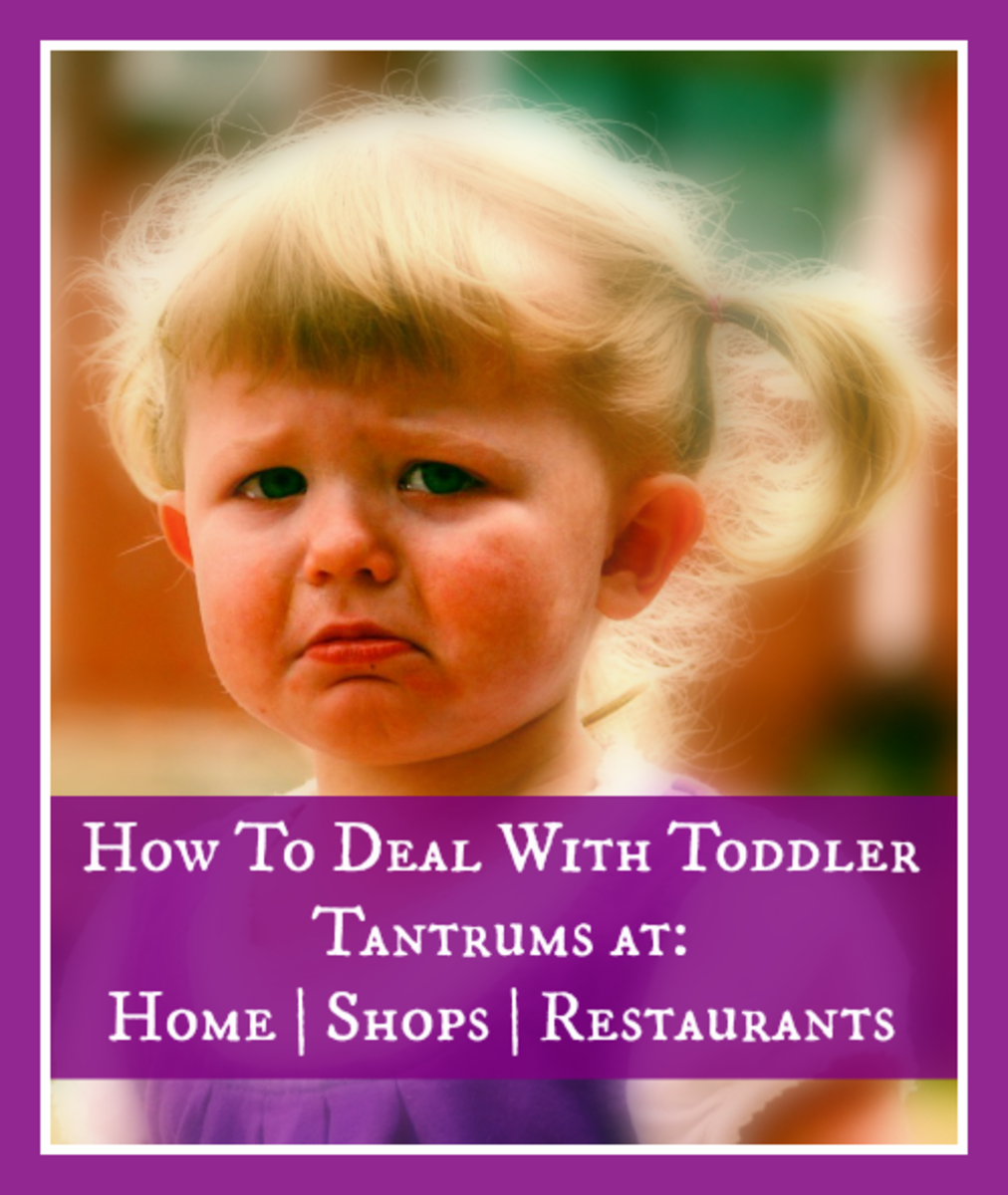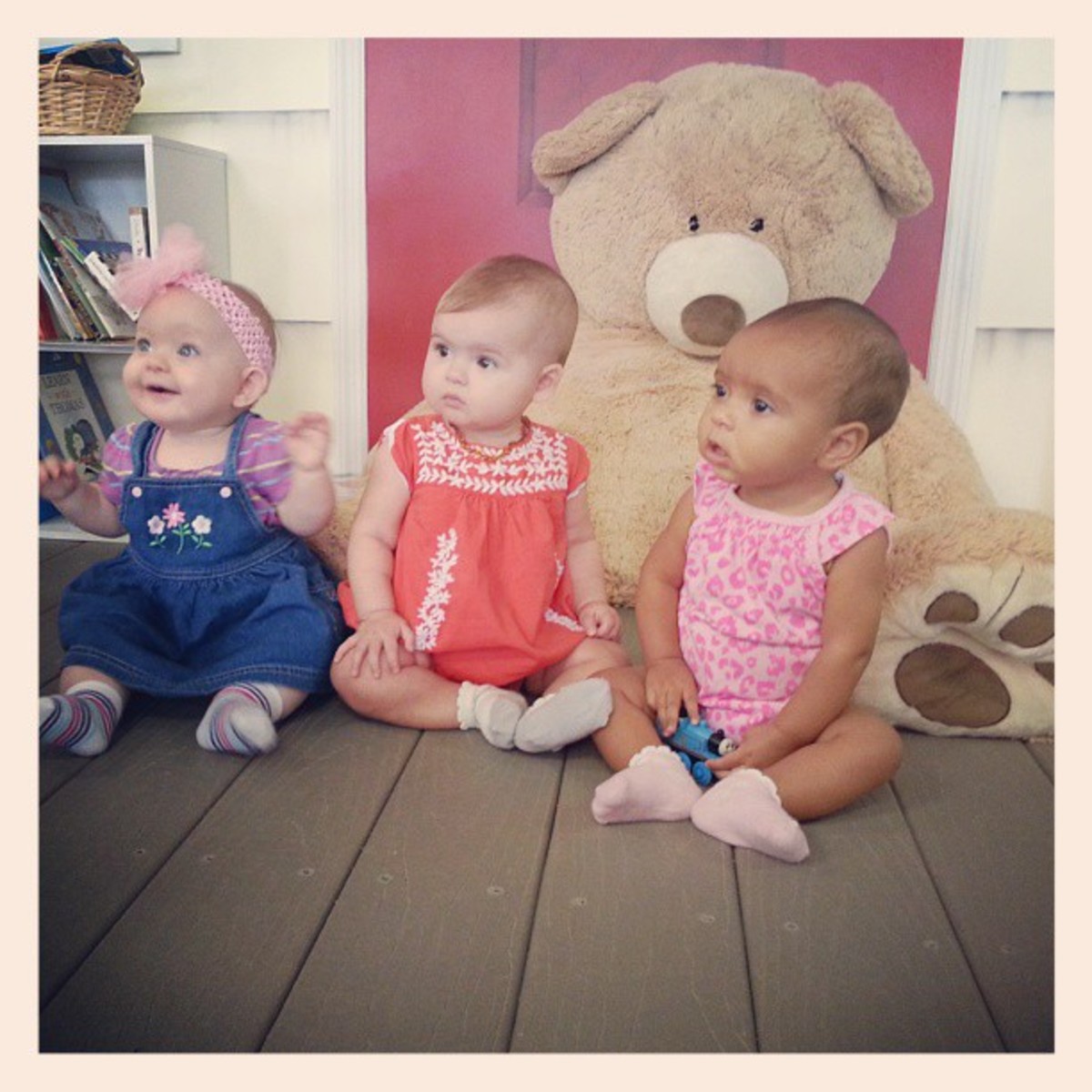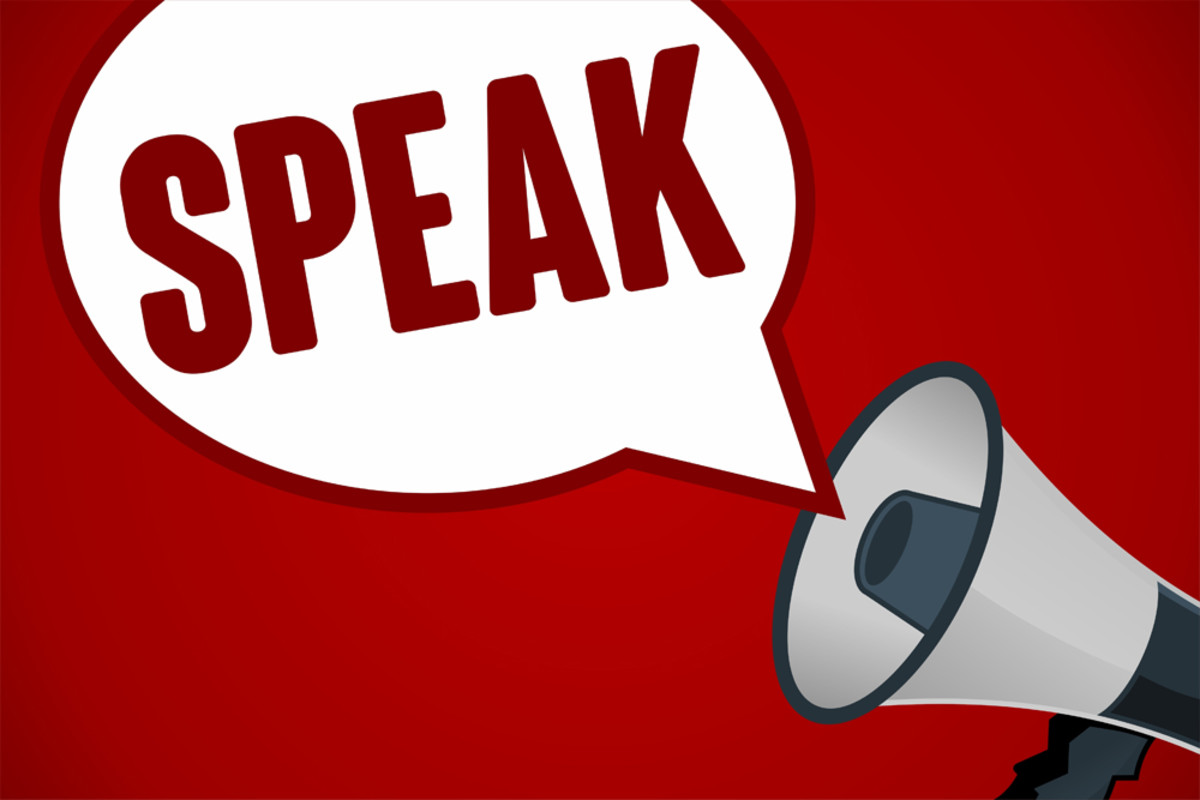How Much Does Your Toddler Understand?

What Does Your Toddler Understand?
Your toddler's limited vocabulary is not a reflection on how much your toddler understands communication. All of us are both transmitters and receivers, when we originate a communication we are transmitting and when we are listening to a communication we are receiving. What we are communicating goes far beyond the words we speak. Your toddler may not understand your words but your toddler most certainly understands the emotions and the attitudes that are behind your verbal communication. It is said that our verbal communication represents about 7% of communication. The rest of our communication is made up the mental images, emotions and moods that accompany our words. It is these mental images, emotions and moods that transmit to your toddler and they are what your toddler receives as communication. Therefore to communicate effectively with your toddler it is vital that you are aware of exactly what it is you are transmitting with your spoken words.
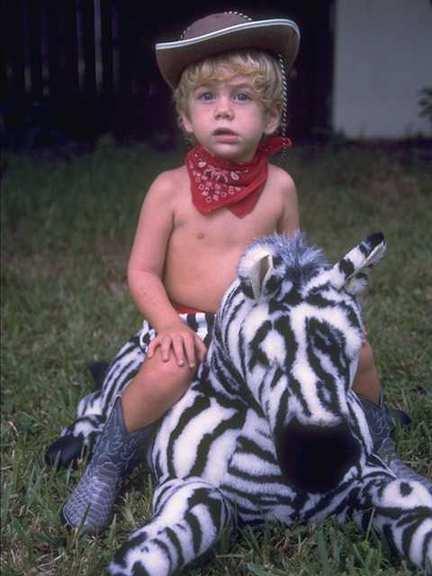
Toddlers Understand More Than They Are Given Credit For
When my eldest daughter was one and a half I worked part time. While I was at work she was in the care of a woman by the name of Susan who was a stay at home mum with two young daughters of her own. Each time she went my daughter would take with her a doll by the name of Baby Sally. My daughter was only in Susan's for care for about six months. I found another caregiver for her as she started displaying a reluctance to go to Susan's where before she had been eager to go. When she was three I was in her bedroom sorting through her toys to discard the one's that she had outgrown or was no longer interested in. In so doing I came across Baby Sally at the bottom of the toy box. As I held Baby Sally I remembered when I had bought her, my daughter's first doll. Baby Sally had come with a little blue bathtub and my daughter had loved to wash and dry Baby Sally before bundling her in a receiving blanket.
As I went through the toys I consulted my youngster as to what toys she wanted to keep and what toys she wanted to give away. When I asked her about Baby Sally she announced that she did not want Baby Sally because Baby Sally was ugly! I knew how much she had loved the doll and what loving care she had given it and I was at a loss to explain her negative feelings towards it. Ugly was not a word that was used in our home. "Who told you that?" I asked her. "Susan" she replied. "Susan kept saying over and over "What an ugly doll." It hit me full in the face that even though my daughter had a very limited vocabulary at one and a half she certainly understood communication well enough. Over time, of course, her vocabulary did expand and it always surprised me when she related some memory from "when she was a baby" long before she could speak a full sentence.
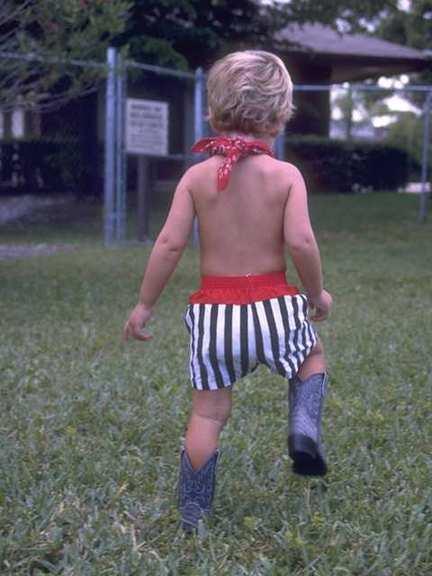
Behind The Toddler's Tantrum - Where Are You?
Much has been written about the infamous tantrums of a two year old. The general consensus seems to run along the lines of your formerly sweet child now taken to throwing hissy fits at the worst possible moments is due to said child's demanding your attention. I'm not going to argue this point but I am going to put forth a different perspective on the demand for your attention. When you put your attention on someone or something you flow your energy towards that someone or something. As a parent and an adult there are often multiple people and things vying for your attention. If your attention is on a future potential problem, communication or task or it is on a past upset or situation you are not present, you are elsewhere. Even though your two year old is beginning to assert some independence they are still very reliant on your presence. They are masters at perceiving when you are here now, present and also when you are elsewhere, absent. While they are exploring their world they still want to know where you are. Not your body, but YOU! They know full well when you have gone absent from the environment and their reaction to that absence is to bring you back to present time, even if it means they have to employ a negative means to get you HERE! They don't necessarily need your full on attention full on them but they do need you to be PRESENT! If you are wandering about in the theater of your mind the only means they have to get you back into present time is to, as the song goes, raise a little hell, raise a little hell, raise a little hell.
When we disconnect from our present time environment we disconnect from everyone and everything in that environment. We have all been at the effect of others who go absent on us and have experienced first hand how unpleasant and disconcerting it can be. We can even find ourselves on the negative side of the split in our efforts to bring another or others back to present time. So too it is with your child.
Face It - It's Either Sink Or Swim!
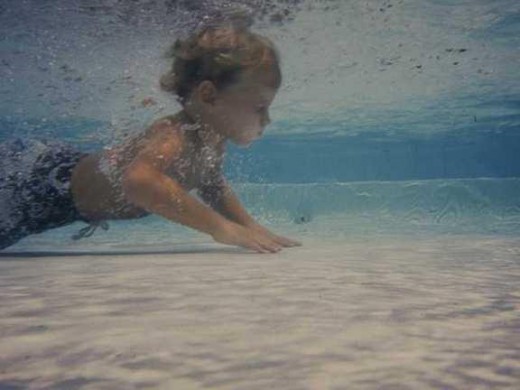
- Do You React Or Do You Respond To Your Child?
There is a vast difference between reacting to your child's or teenager's behaviors and responding to them. It is vital that, as a parent, you are aware of the difference between reacting and responding ... - How To Handle A Tattle Tale
It is important to teach your children the difference between a tattle tale and a legitimate complaint or vital information! I recently read Kate Gosselin's blog wherein she was asking for help with her...


